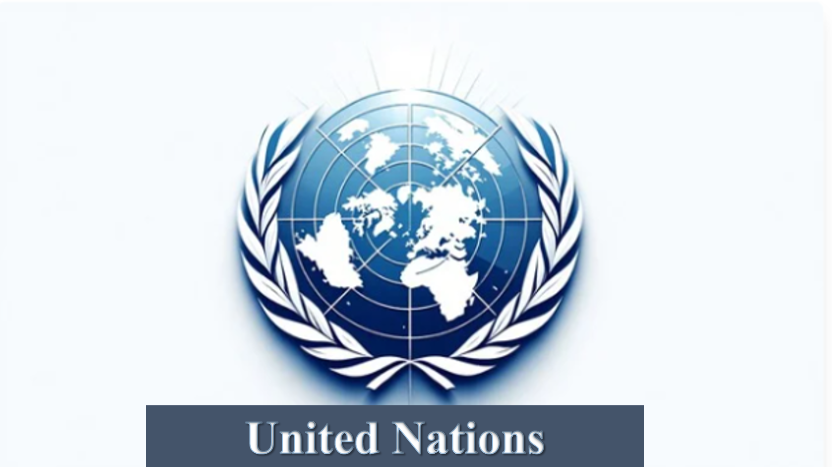Geneva / Malé – May 2025 — The United Nations has issued a strong rebuke of the Maldivian government following the dismissal of two Supreme Court justices, warning that the move undermines judicial independence and violates international standards of due process.
On Monday, the UN Human Rights Office expressed concern over the removal of Justices Azmiralda and Mahaz by the Maldivian Parliament, following investigations launched by the Anti-Corruption Commission. The UN highlighted the suspicious timing of the investigations, which came shortly after the Supreme Court accepted a constitutional challenge to a controversial amendment passed by the government.
The amendment in question requires parliamentarians to vote strictly along party lines and prohibits them from switching political affiliations—changes that critics argue concentrate power within ruling coalitions and restrict legislative independence.
According to the UN, the dismissals appear to be politically motivated, aimed at preempting the Court from potentially overturning the constitutional amendment. “The timing raises serious concerns about judicial interference,” the UN stated, warning that such acts “threaten the independence of the judiciary and could set a dangerous precedent.”
The dismissed justices claim they were not permitted to properly defend themselves during closed-door proceedings. Justice Azmiralda’s legal representative was allegedly barred from speaking during her trial, while both judges were denied the opportunity to testify in their own defense. If verified, these procedural failures constitute a significant breach of due process and could violate the Maldives’ obligations under international human rights law.
Adding to the controversy, Justice Al Suood resigned from the Supreme Court in March in protest against the same investigation, further intensifying concerns over judicial independence in the country.
The initial justification for the inquiry—a supposed misuse of influence to secure the release of Justice Azmiralda’s husband—has also come under scrutiny. Reports indicate that the first documented communications between the judges and the court handling the husband’s case occurred only after his release, raising questions about the credibility of the accusations.
The UN called on Maldivian authorities to ensure the judiciary remains free from political interference and adheres to fair trial guarantees. “An independent and impartial judiciary is the cornerstone of democracy and essential for protecting human rights and equality before the law,” the UN stated.
Source: Excerpts adapted from Jurist.com article by Conor Doran, University College Cork School of Law, Ireland.



